QuestionDr. Connor,I have a 2 year old siberian male husky. He has not been around any new people or animals and is almost constantly supervised and has a regular daily routine. He chews on a front forearm to the point where he makes it sore and he has become very skiddish and does not like to go inside or outside without some taunting nor does he like to walk past anything if it is out of place.I attempted to bring him inside recently and he shyed away from me and had an accident on the floor.He is fed twice a day and sometimes does not eat at all. I spend quality time playing with him on the floor and doing outdoor activities. These are new developments in his behavior. He is a loveable dog and likes to run and play and go for walks but his behavior has become quite a concern to me.Please help, thank you!
AnswerThe title of your question was quite astute. From your description, my educated guess would be (without report of anything recent that may have caused this behavior) the dog is suffering from some neurological or opthalmologic problem. Dogs don't necessarily have to eat twice a day; rather like young children, their total food intake in a week needs to be evaluated: determine nutritional requirement for size/weight over the course of a week and then evaluate what the dog actually eats. You will probably find that the dog is eating what he needs! Because you describe him as basically "lovable" and "like to run and play and go for walks", the description of these problematic behaviors makes me think there may be a neurological problem of some sort or other physical problem. Let's address this FIRST. Take him to an experienced veterinarian (not just the Vet on the corner) for full evaluation, and describe this developing behavior carefully. Let's see what the Vet says (knowing that neurological problems are quite difficult to evaluate, including low level temporal lobe seizures). REPOST after your dog's test results are in and if the situation remains the same we will work together to solve it.

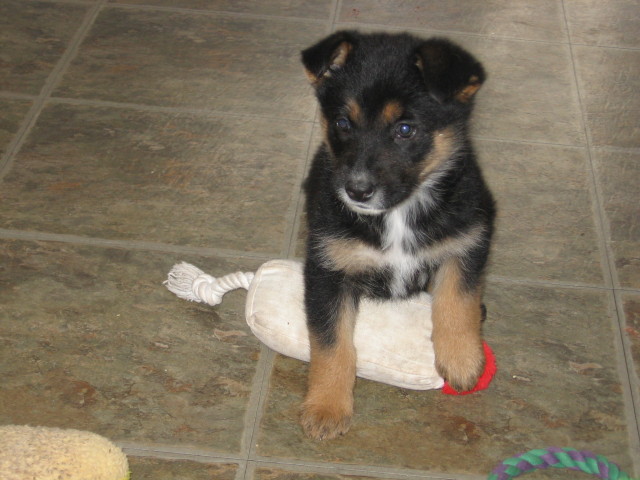 puppy problems
QuestionQUESTION: I am the proud owner of 2 german shep
puppy problems
QuestionQUESTION: I am the proud owner of 2 german shep
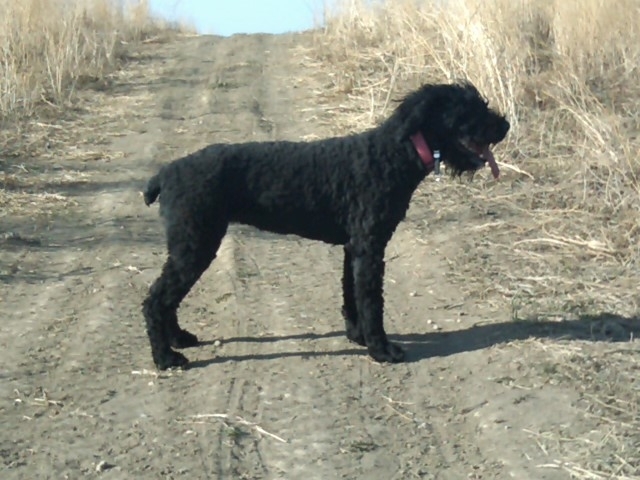 I was riding my bicycle when my 1yr old Bouvier bit my leg
Question
Pup
Hello, I have a 1yr old intact Bouvier bit
I was riding my bicycle when my 1yr old Bouvier bit my leg
Question
Pup
Hello, I have a 1yr old intact Bouvier bit
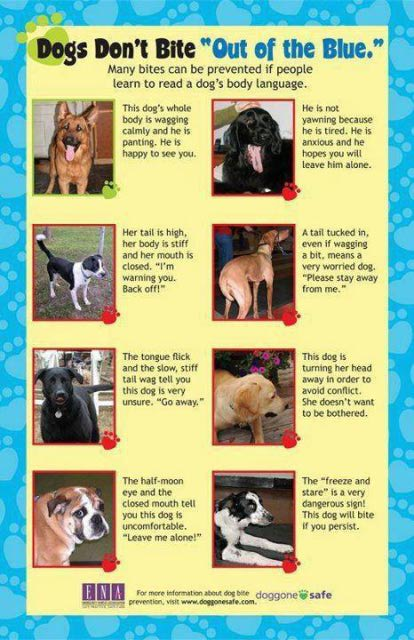 Is this aggression, dominance, or play?
QuestionQUESTION: I have a question regarding doggy beh
Is this aggression, dominance, or play?
QuestionQUESTION: I have a question regarding doggy beh
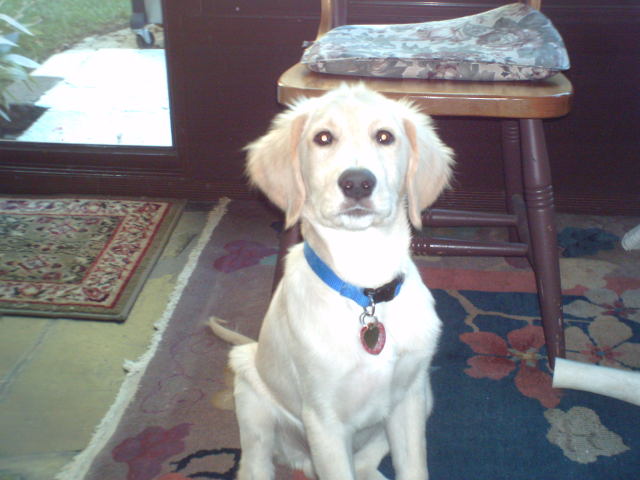 my 7 month old golden changed for the worse
QuestionRiley at 6 months
QUESTION: I got a gold
my 7 month old golden changed for the worse
QuestionRiley at 6 months
QUESTION: I got a gold
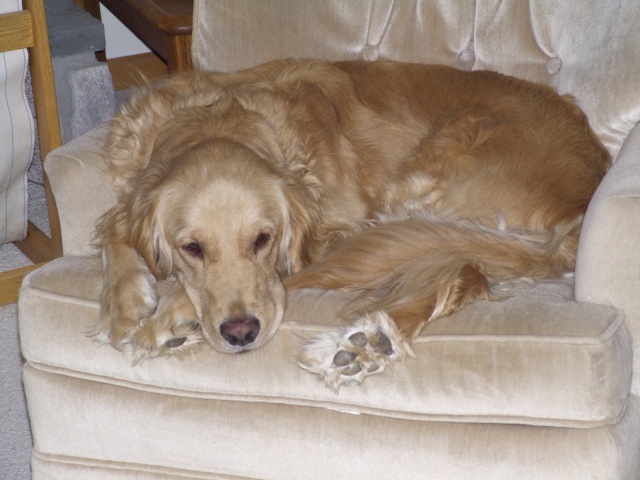 aggression in aging dog
Question
Niko
I have a thirteen year old, female, Samoy
aggression in aging dog
Question
Niko
I have a thirteen year old, female, Samoy